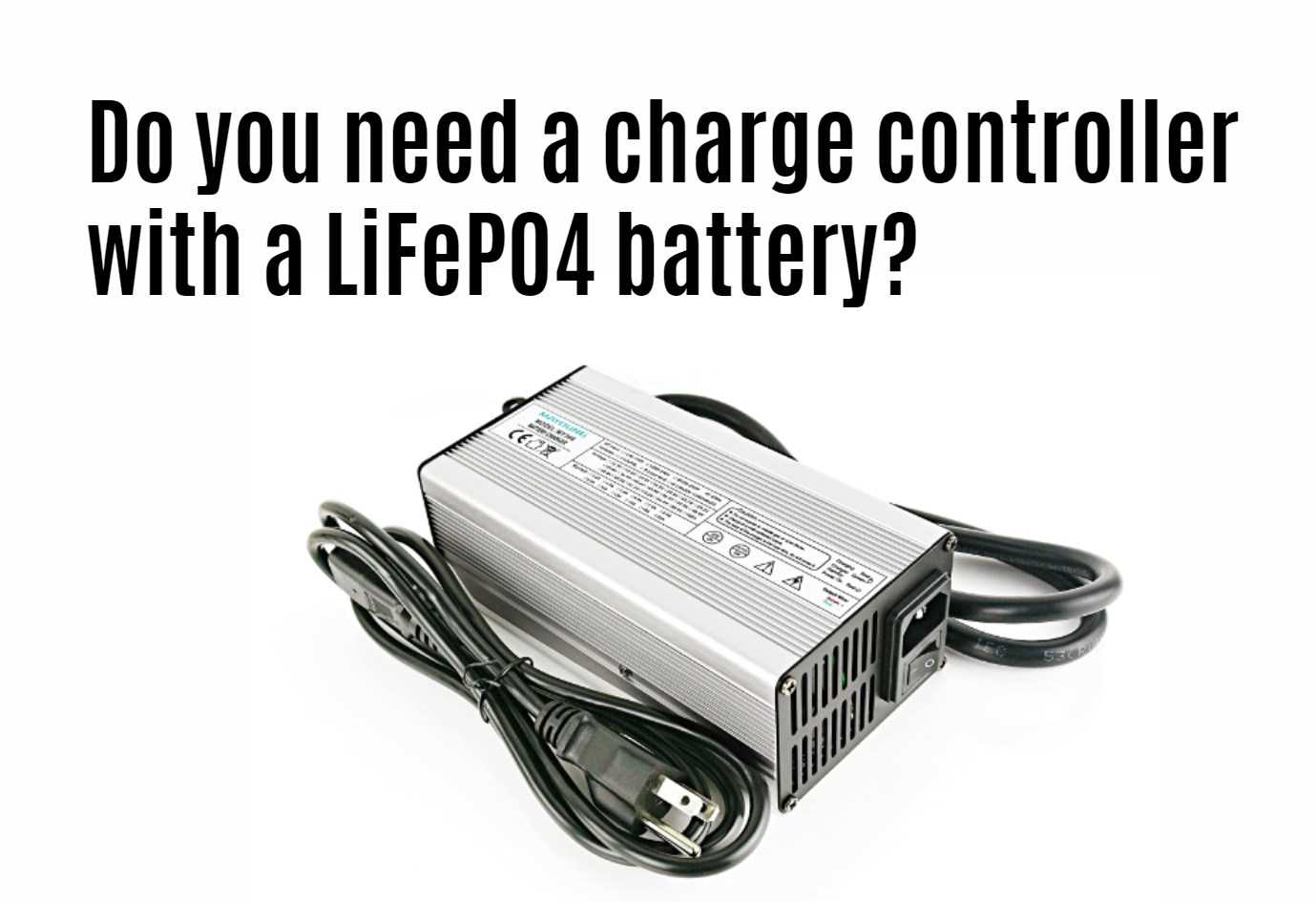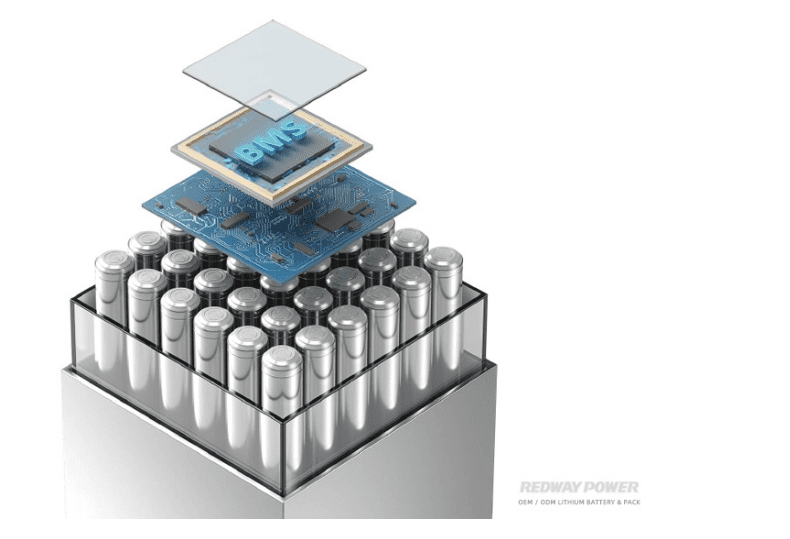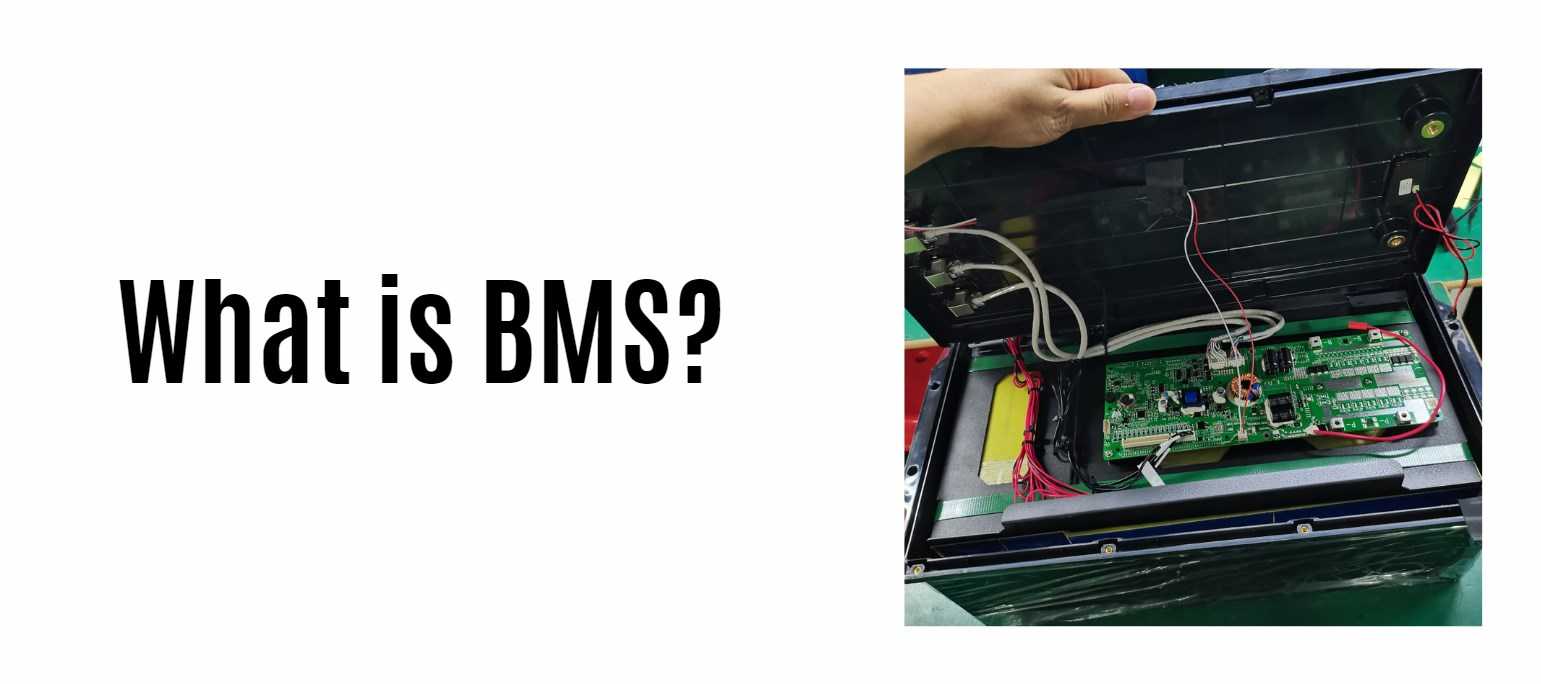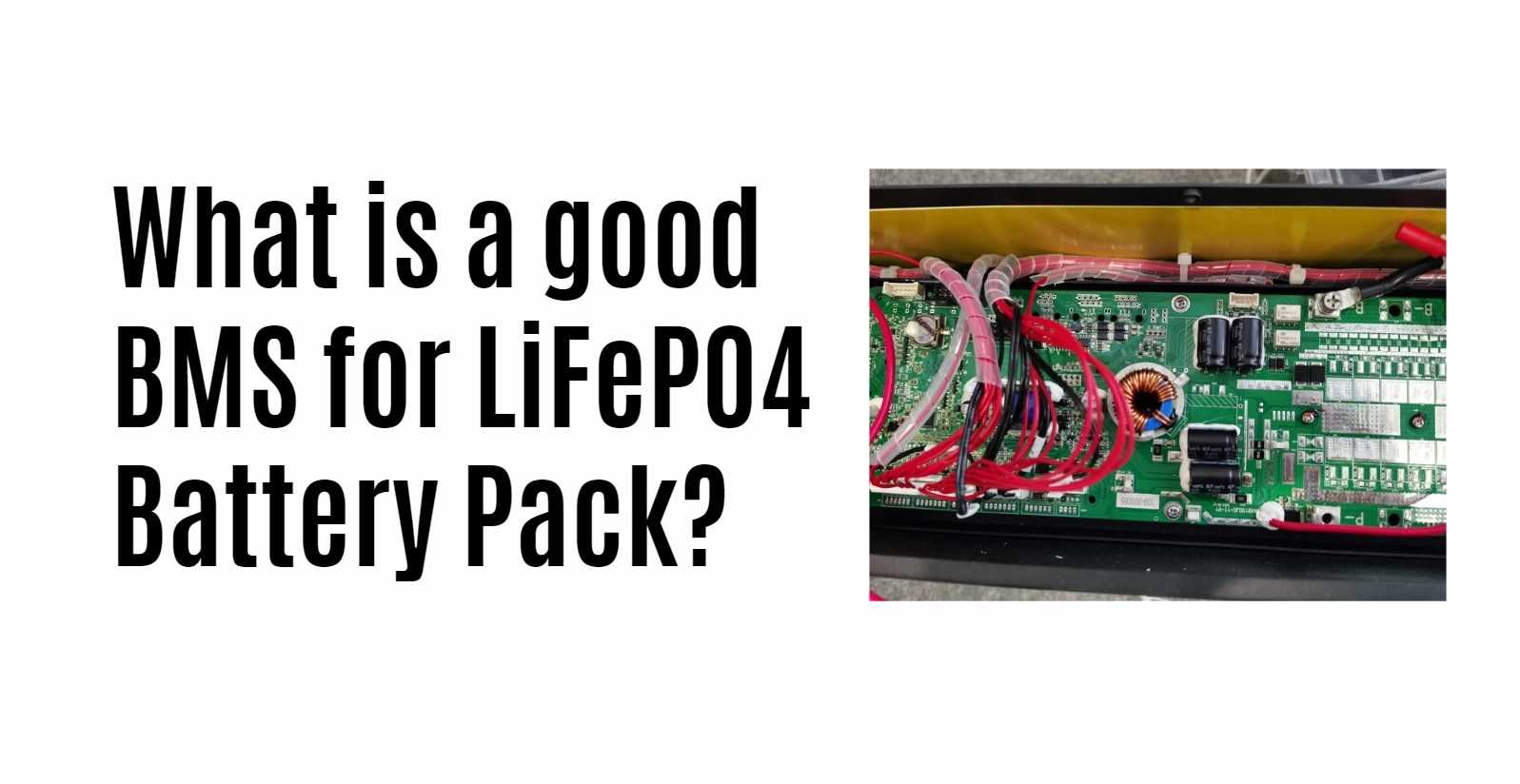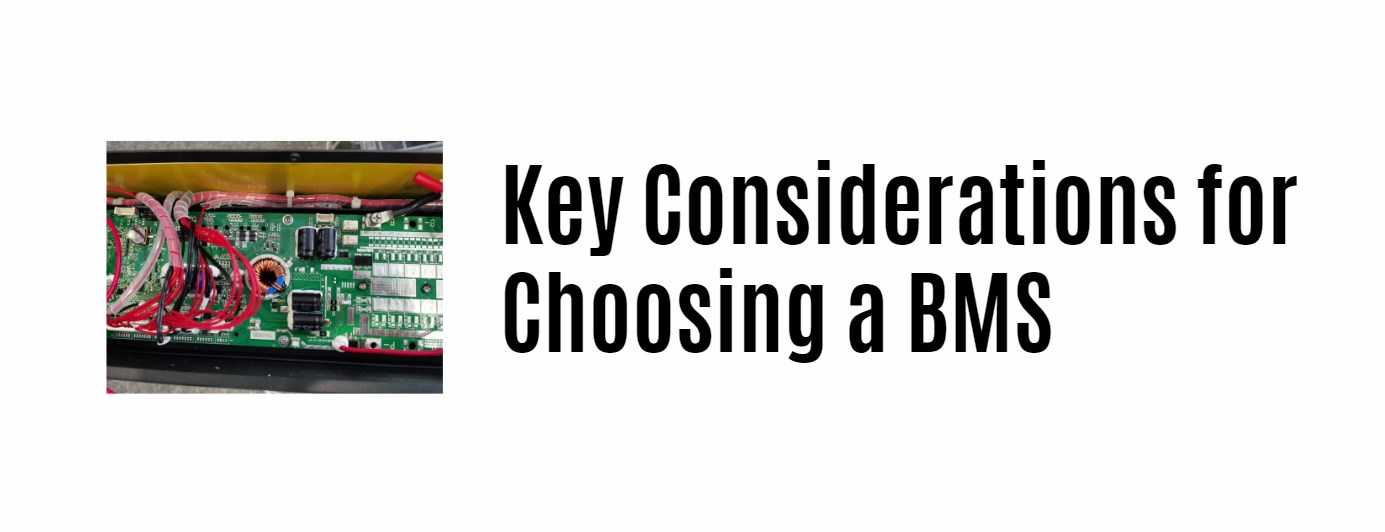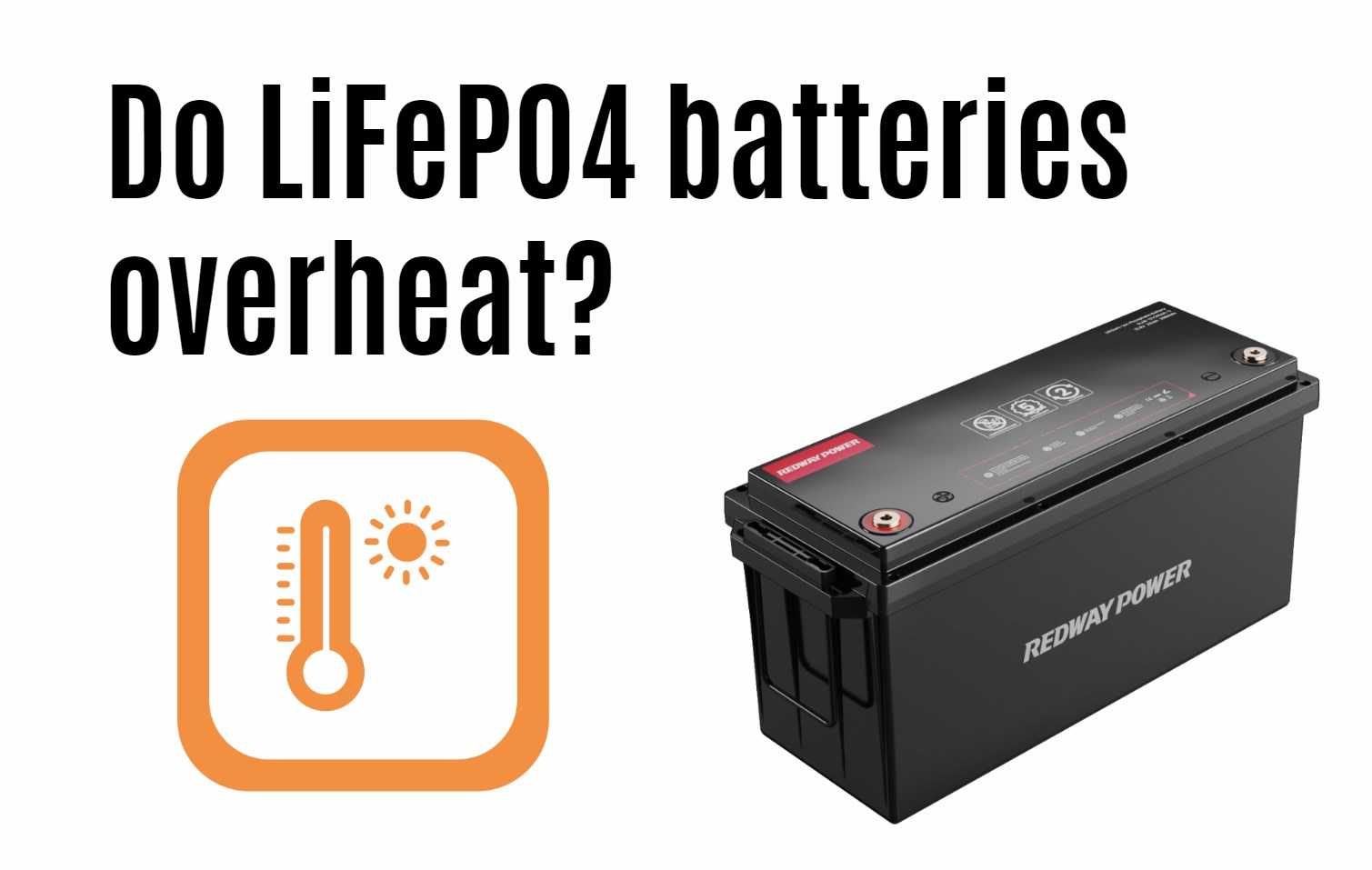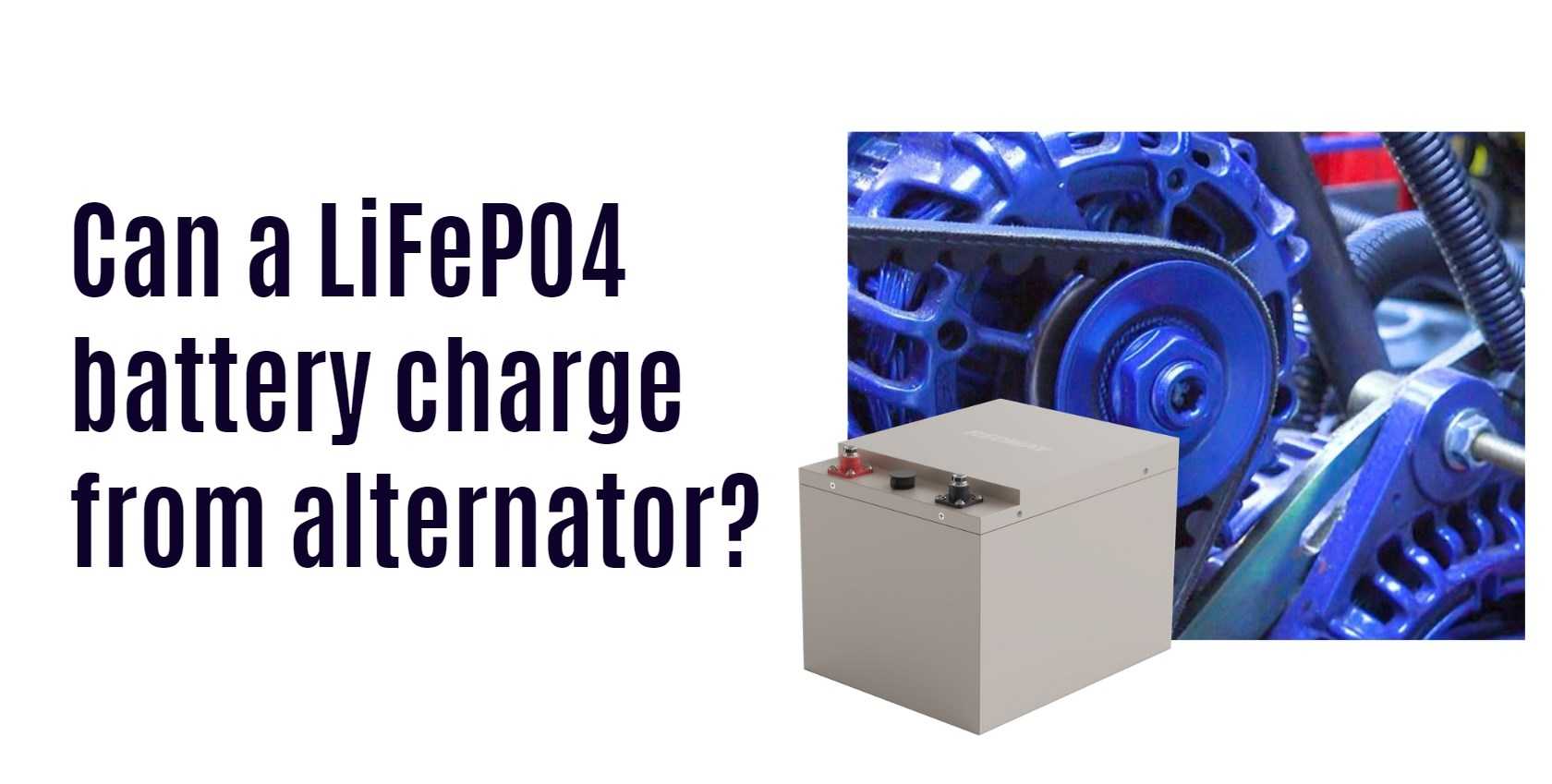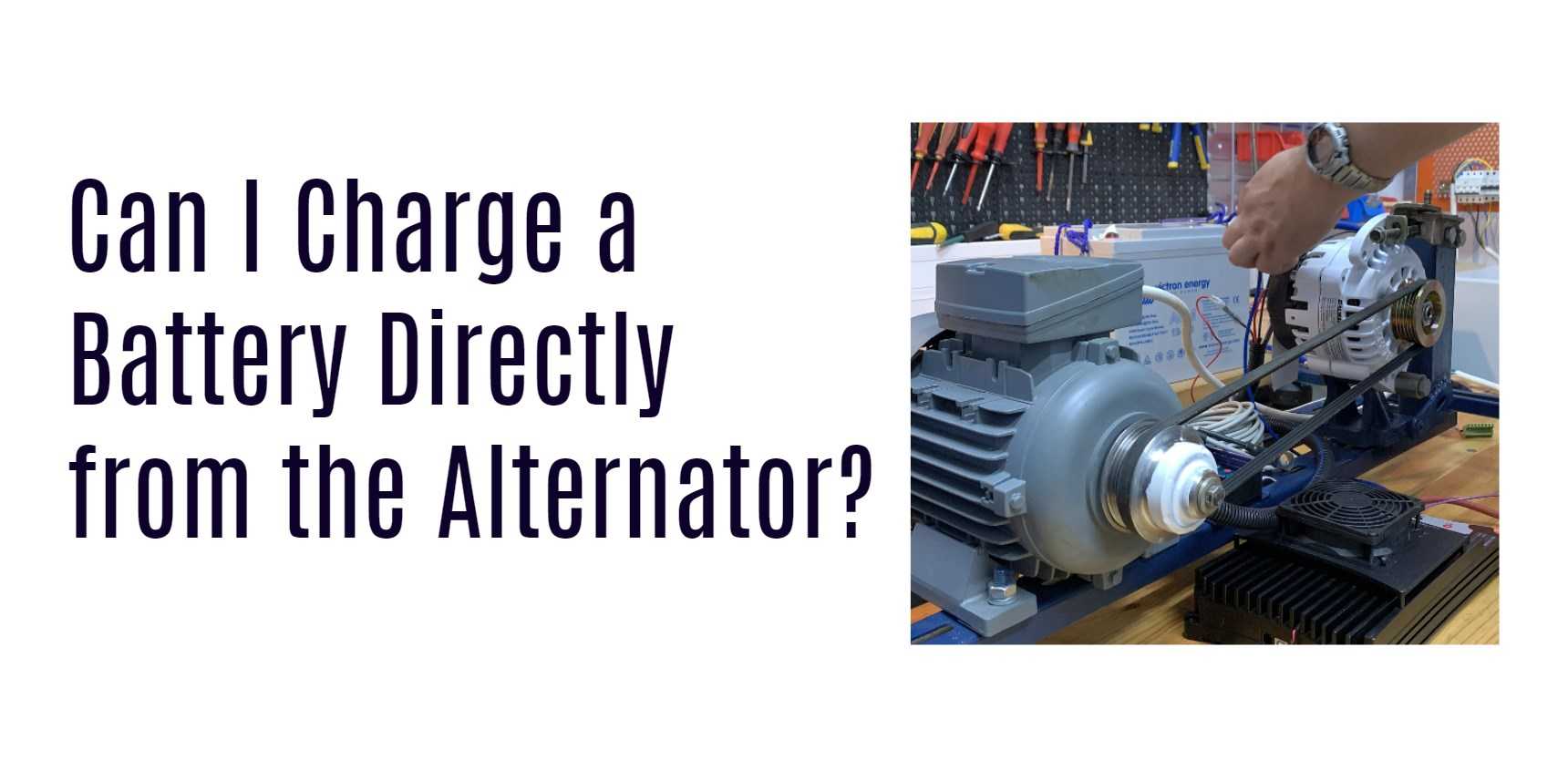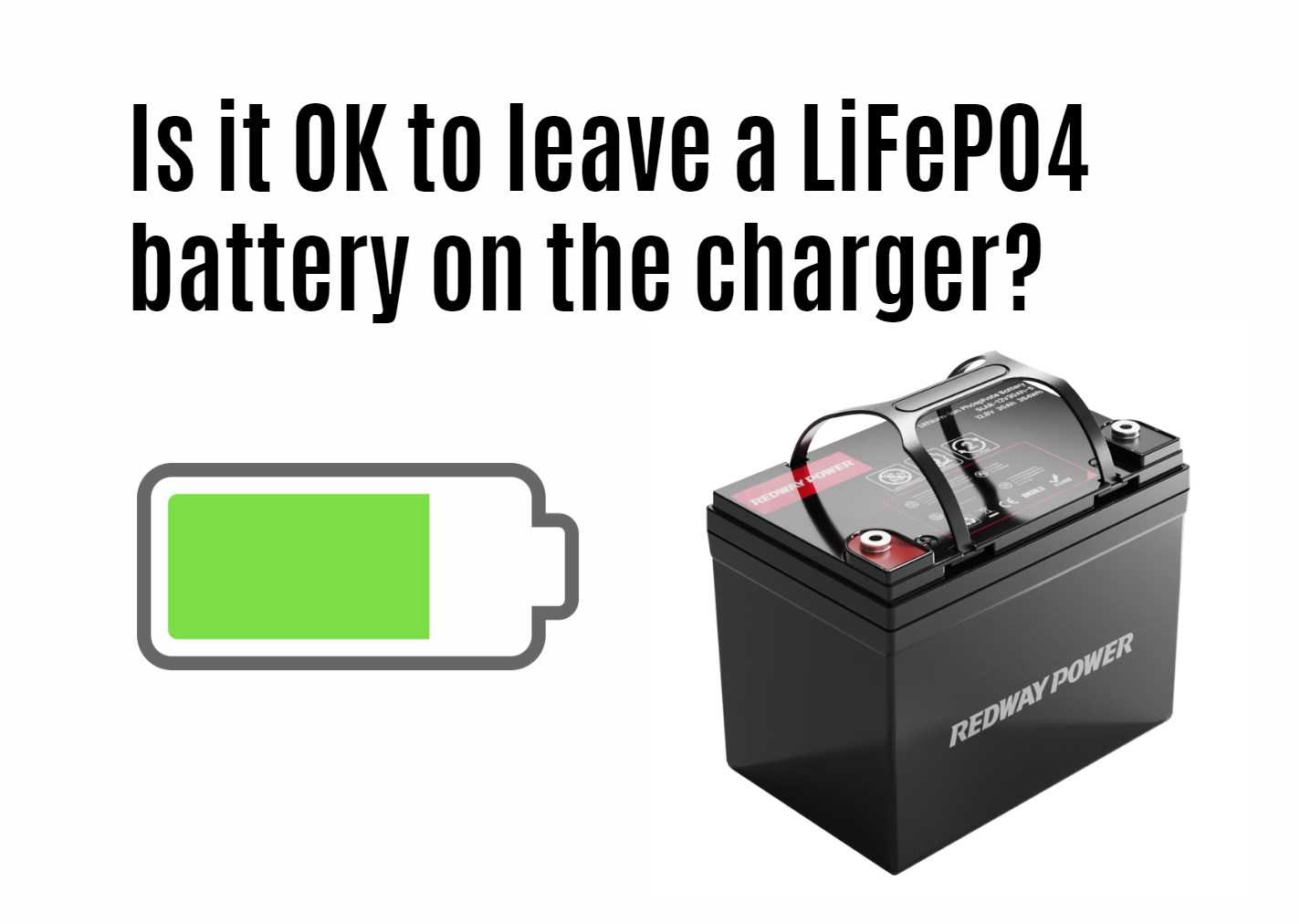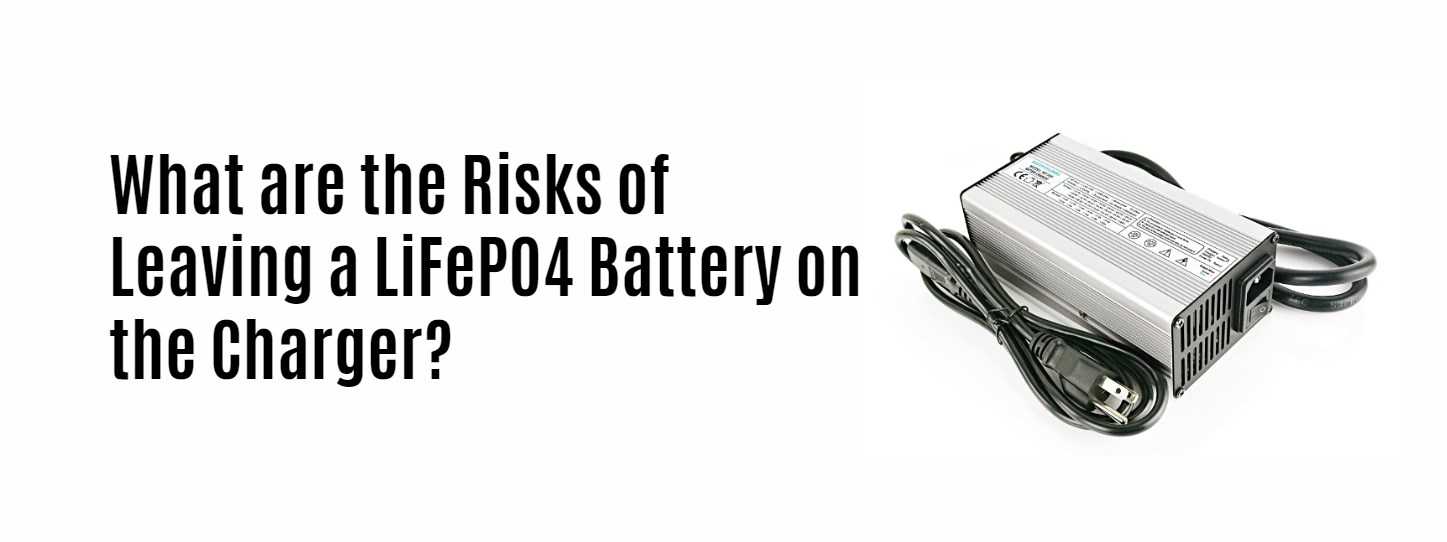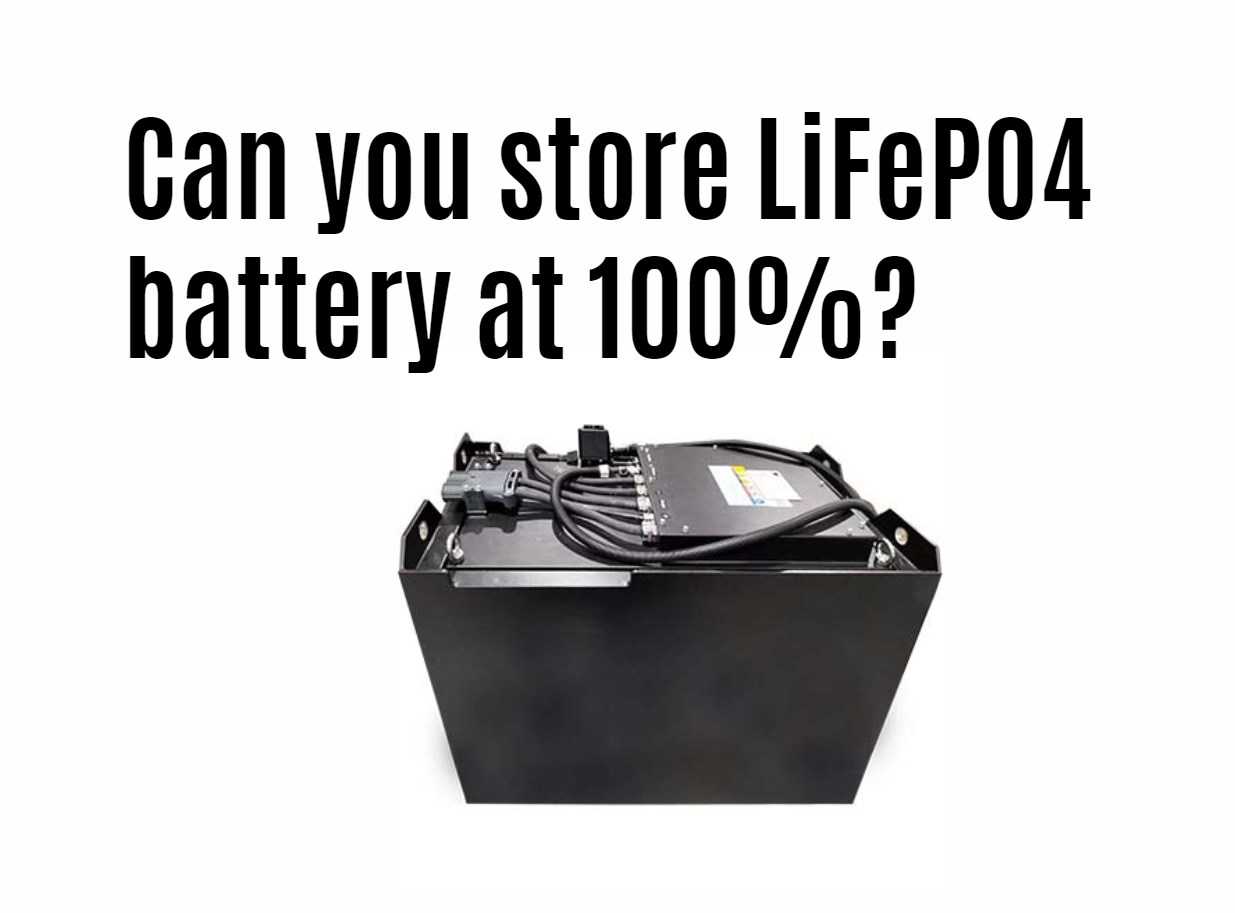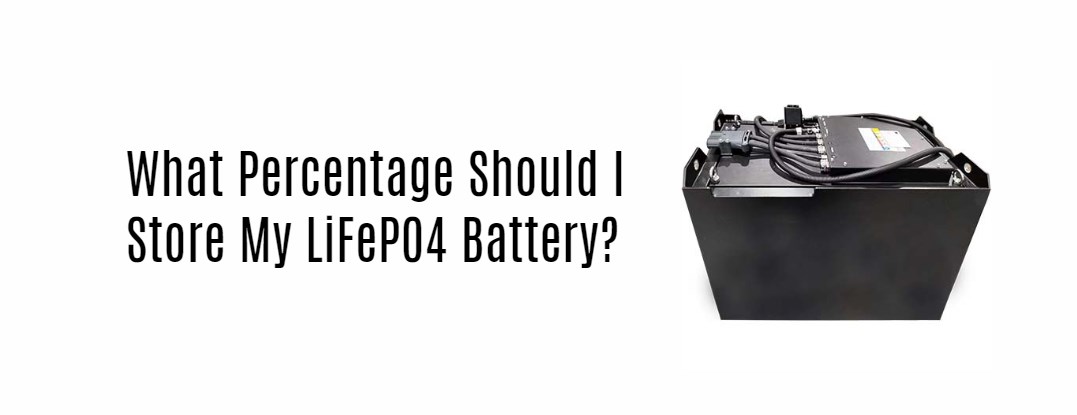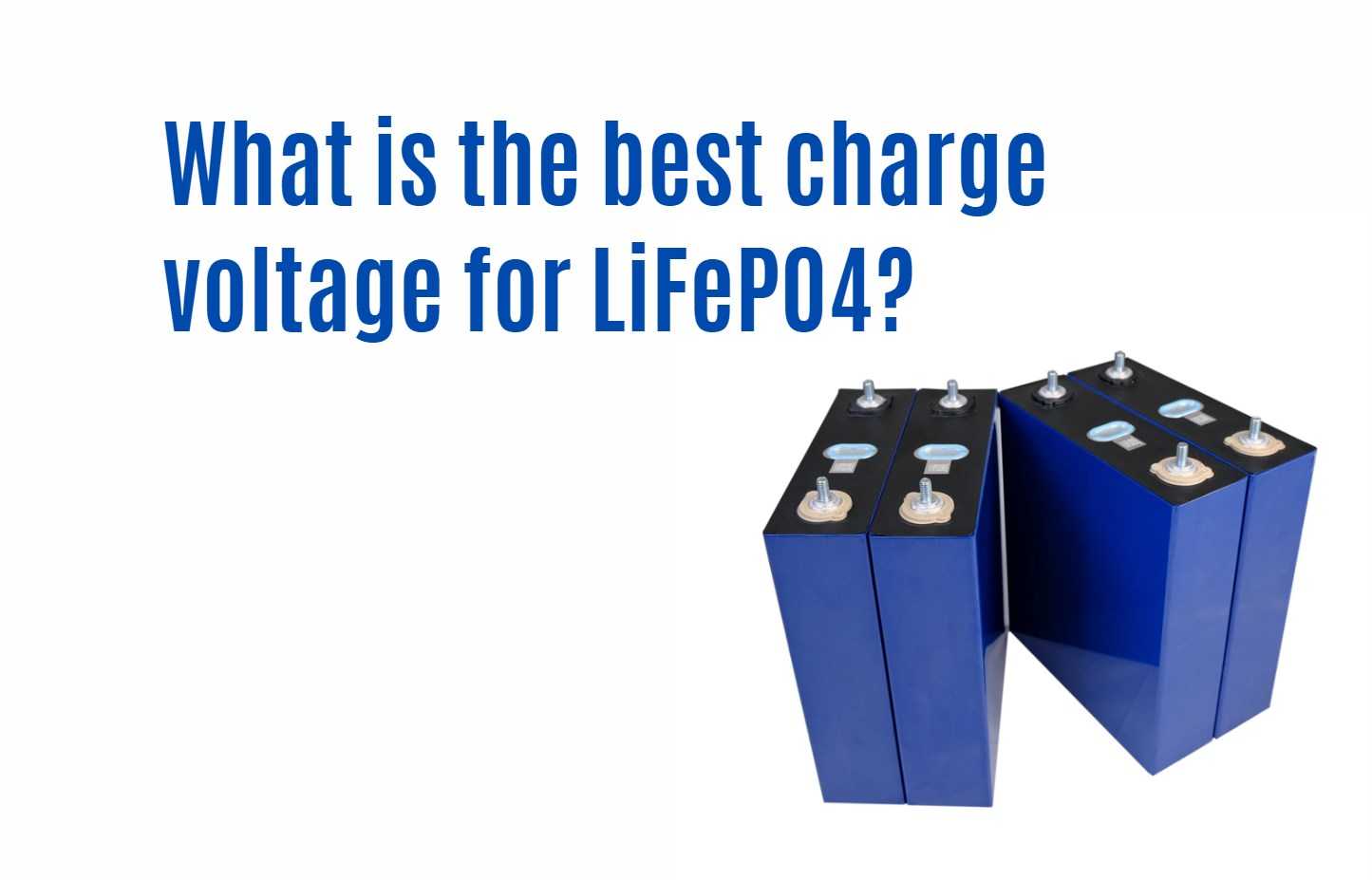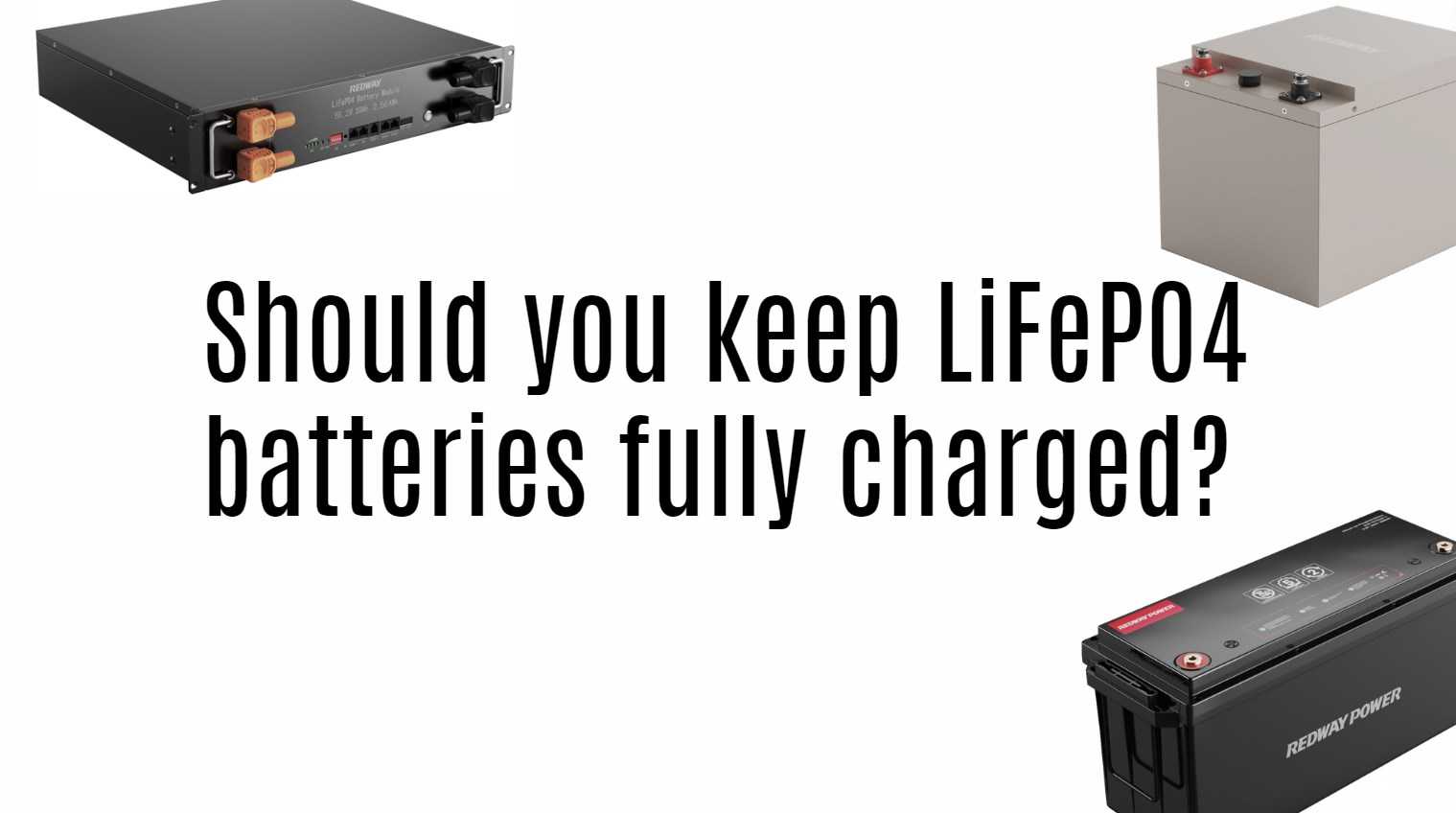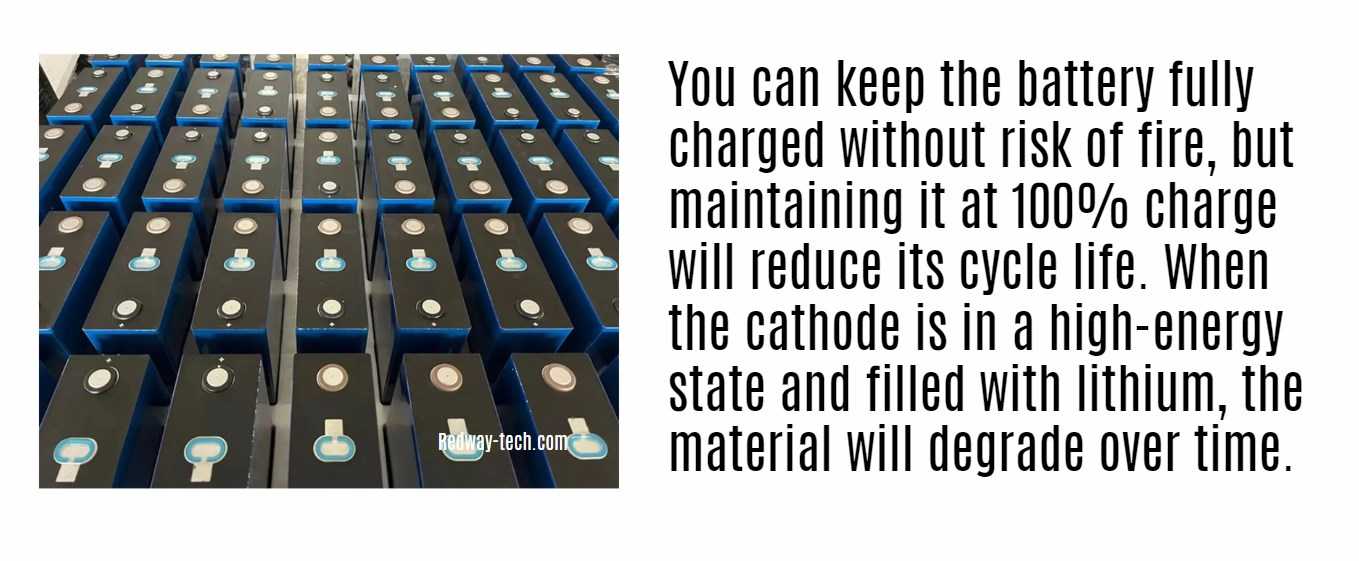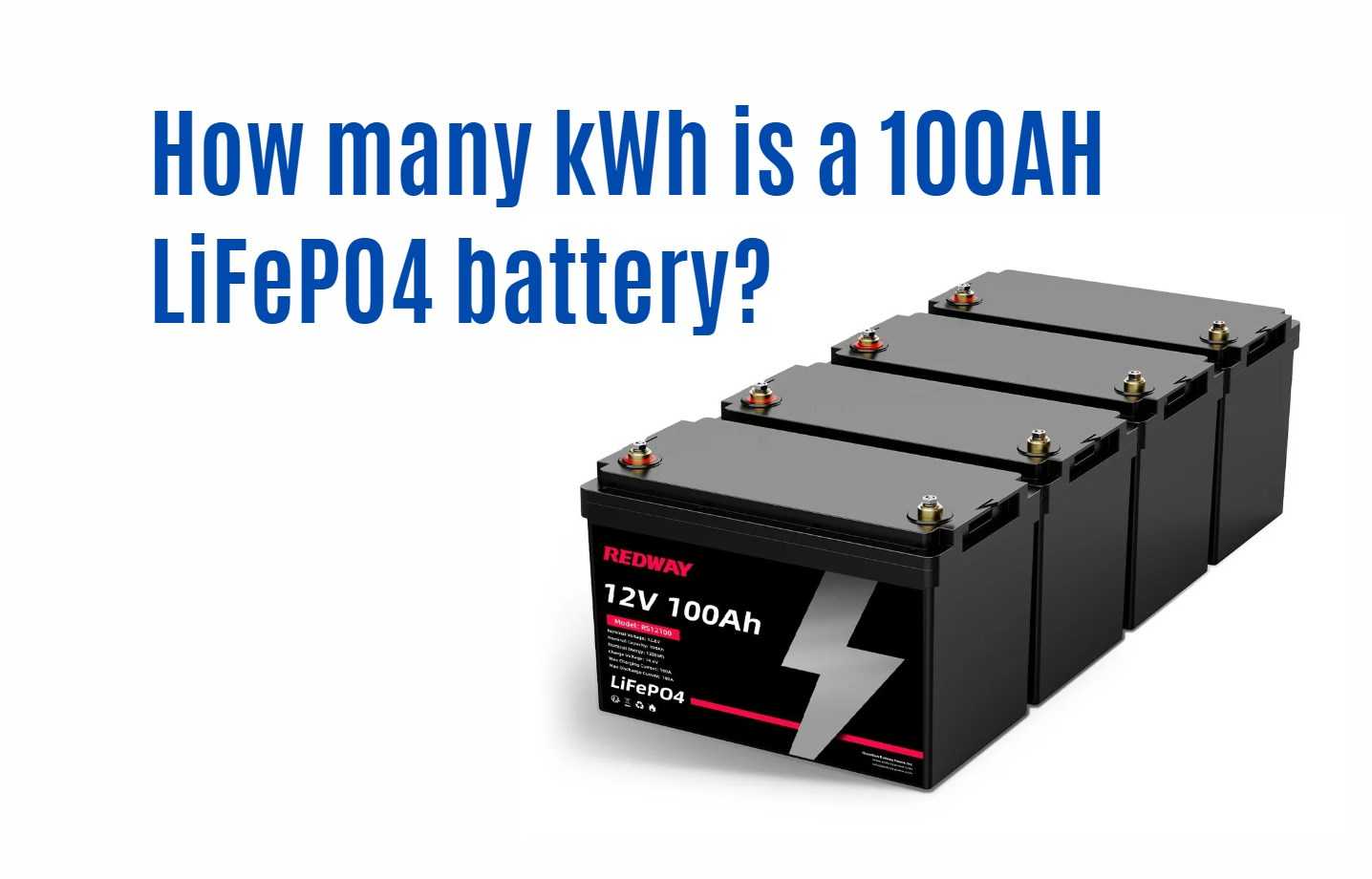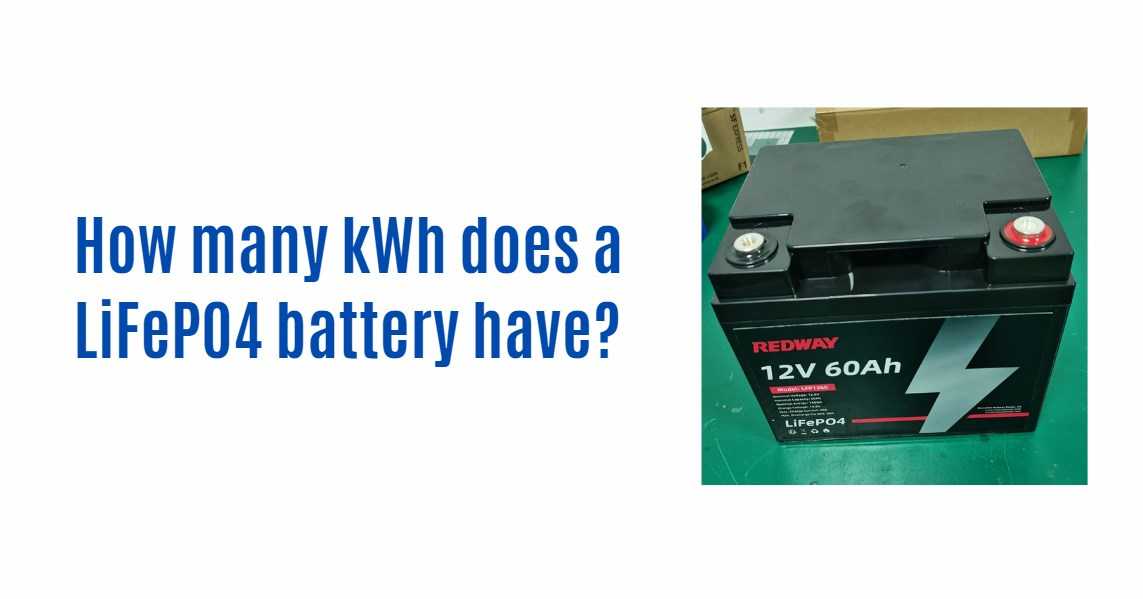Do you need a charge controller with a LiFePO4 battery?
When integrating Lithium Iron Phosphate (LiFePO4) batteries into your energy storage system, understanding the role of a charge controller is crucial for optimizing performance and ensuring safety. This article will explore whether a charge controller is necessary for LiFePO4 batteries, the types of charge controllers available, and best practices for their use.
Understanding Charge Controllers
A charge controller is an electronic device that regulates the voltage and current coming from your solar panels or other charging sources to the battery. Its primary functions include:
- Preventing Overcharging: Ensuring that the battery does not exceed its maximum voltage during charging.
- Maintaining Battery Health: Protecting against excessive discharge and maintaining optimal charging conditions.
- Enhancing System Efficiency: Optimizing the charging process to improve overall energy efficiency.
Do You Need a Charge Controller for LiFePO4 Batteries?
Yes, using a charge controller with LiFePO4 batteries is highly recommended, especially in solar energy systems. Here are several reasons why:
1. Voltage Regulation
LiFePO4 batteries have specific voltage requirements that must be adhered to during charging:
-
Maximum Charging Voltage: The typical maximum charging voltage for LiFePO4 cells is around 3.6 to 3.65 volts per cell, equating to approximately 14.6 volts for a standard 12V battery pack (four cells in series).
-
Preventing Overvoltage: A charge controller ensures that the voltage from the solar panels or other sources does not exceed this limit, preventing damage to the battery.
2. Battery Protection
A charge controller provides essential protection features:
-
Overcurrent Protection: It prevents excessive current from flowing into the battery, which can lead to overheating and potential failure.
-
Temperature Compensation: Many advanced charge controllers adjust charging parameters based on temperature, ensuring safe operation in varying environmental conditions.
3. Enhanced Lifespan
Using a charge controller can significantly extend the lifespan of your LiFePO4 batteries:
- Optimized Charging Cycles: By managing how and when the battery is charged, a charge controller helps maintain optimal conditions that enhance cycle life.
- Balanced Charging: A good charge controller will also help balance the cells within a battery pack, preventing imbalances that could lead to premature failure.
Types of Charge Controllers Suitable for LiFePO4 Batteries
When selecting a charge controller for your LiFePO4 batteries, consider these types:
1. PWM (Pulse Width Modulation) Charge Controllers
-
Functionality: PWM controllers work by rapidly switching the output on and off to control voltage levels.
-
Cost-effective: Generally less expensive than MPPT controllers but may be less efficient in certain scenarios.
2. MPPT (Maximum Power Point Tracking) Charge Controllers
- Efficiency: MPPT controllers optimize the power output from solar panels by adjusting their input to match the battery’s charging requirements.
- Higher Cost but Greater Efficiency: While more expensive, they can significantly increase energy harvest, especially in low-light conditions.
Best Practices for Using Charge Controllers with LiFePO4 Batteries
To ensure optimal performance and safety when using charge controllers with LiFePO4 batteries, follow these best practices:
1. Select Compatible Equipment
Ensure that both your charge controller and battery are compatible:
-
Check specifications to confirm that the charge controller can handle the voltage and current requirements of your LiFePO4 battery.
2. Regular Monitoring
Regularly monitor your system’s performance:
-
Keep an eye on voltage levels and charging cycles through your charge controller’s display or app interface.
3. Follow Manufacturer Guidelines
Always adhere to guidelines provided by both your battery and charge controller manufacturers regarding installation and operation.
Data Chart: Comparison of PWM vs. MPPT Charge Controllers
| Feature | PWM Charge Controller | MPPT Charge Controller |
|---|---|---|
| Efficiency | Lower (75%-85%) | Higher (90%-98%) |
| Cost | Generally less expensive | More expensive |
| Best Use | Smaller systems | Larger systems or variable input |
| Complexity | Simpler design | More complex |
FAQs About Charge Controllers and LiFePO4 Batteries
Do I need a charge controller if I’m using an AC charger?
If you are using an AC charger specifically designed for LiFePO4 batteries, you may not need an additional charge controller; however, it is always advisable to check compatibility.
Can I use my existing lead-acid charge controller with LiFePO4 batteries?
No, lead-acid charge controllers are not suitable for LiFePO4 batteries due to different charging profiles and voltage requirements.
How do I know if my charge controller is functioning correctly?
Regularly check the display for error messages or abnormal readings; monitoring voltage levels during charging can also indicate proper functionality.
Latest News on Lithium Battery Technology
Recent advancements in lithium battery technology continue to focus on improving efficiency and safety features:
- New developments in smart charging technologies are being researched that could further optimize how batteries are charged based on real-time data.
- Innovations in energy management systems aim to enhance compatibility between various energy sources and storage solutions.
Conclusion
In conclusion, using a charge controller with your Lithium Iron Phosphate (LiFePO4) batteries is essential for ensuring safety, optimizing performance, and extending lifespan. By selecting the right type of charge controller and following best practices for usage, you can maximize your investment in this advanced energy storage technology.For customized lithium solutions tailored specifically to your needs—whether for automotive applications or renewable energy systems—contact Redway Battery today for a quick quote!

